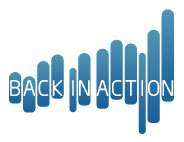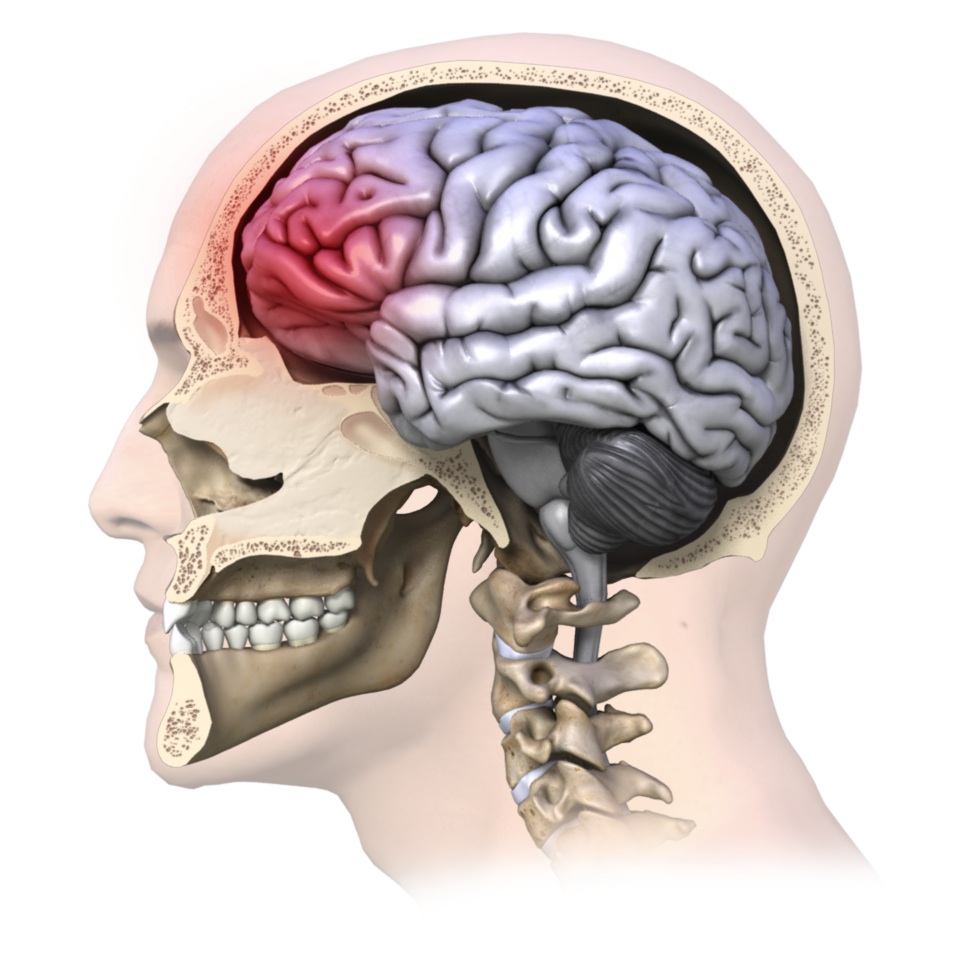‘The Mild Head Injury’ – don’t be misled by the title.
By: Garry Dillon – Physiotherapist
‘I feel foggy in my brain – I just can’t concentrate like I used to’; ‘I’m so frustrated and this isn’t like me’; ‘These headaches are the worst’. While these experiences could be caused by many things, they are among the most common themes I hear when people describe the impact of a concussion on their everyday life.
Concussion is classified as an acute head injury and occurs when a significant amount of force is experienced through the brain tissue, resulting in a disruption to normal brain function. Although we are most familiar with it through our passion for sporting endeavours, this type of accident can occur in many different situations and scenarios such as motor vehicle accidents, assault or slips and falls at home. The term ‘mild head injury’ tends to mislead people’s understanding on the potential impact a concussion or recurrent concussions can have on their everyday life.
Each individual experiences a concussion as a ‘unique event’ and does not necessarily have to lose consciousness at the time of injury. Although symptoms post-concussion can be similar, their impact can vary from person to person. Some of the most common symptoms reported post-concussion can include headache, dizziness, nausea, light-sensitivity, fatigue, poor concentration and irritability. This cluster of symptoms can significantly impact on one’s overall wellbeing and ability to engage in work, school and family life.
If you are concerned you may have experienced a concussion, it is important that you first seek medical attention by a qualified professional. The best advice is to get a review with your local GP, who will be able to confirm an accurate diagnosis for you. Physiotherapists also play a role in post-concussion management and rehabilitation. Their clinical skills are well-suited to carry out relevant assessments around headaches, balance and dizziness; provide sound management advice around pacing of return to normal activities; whilst closely monitoring and advising on appropriate return to sport guidelines.

